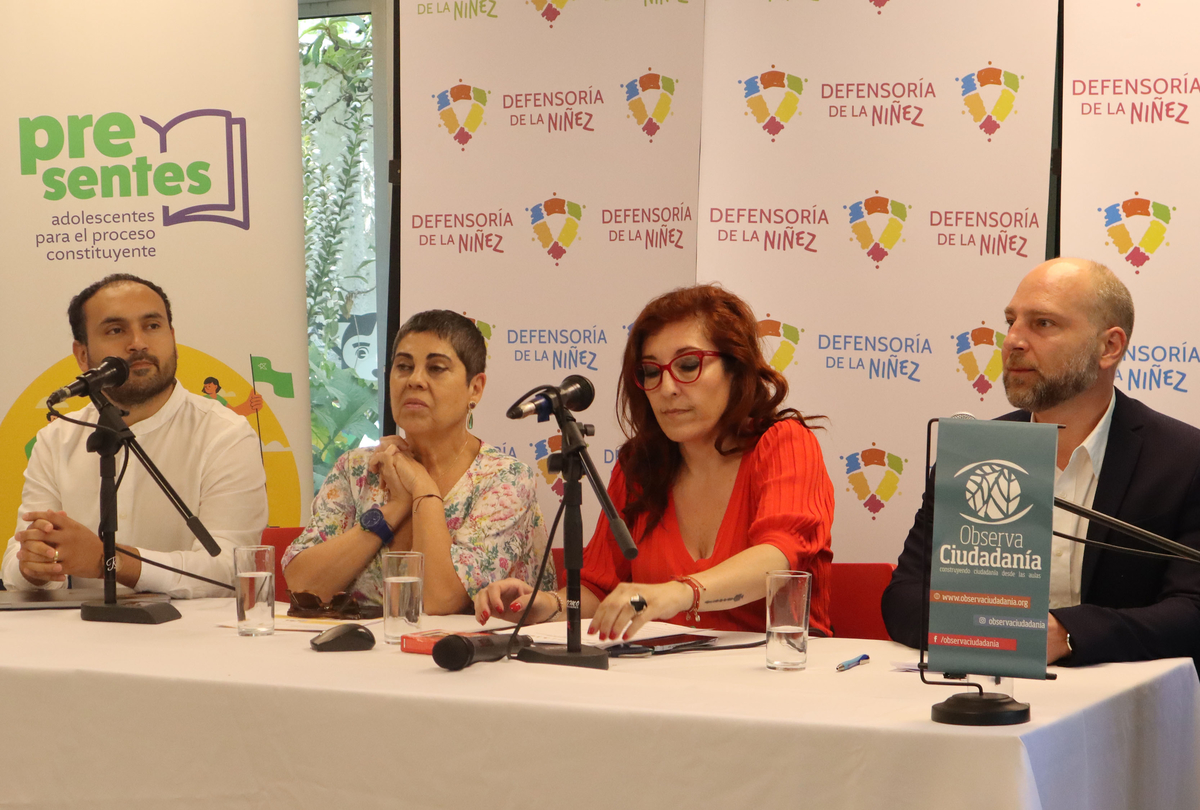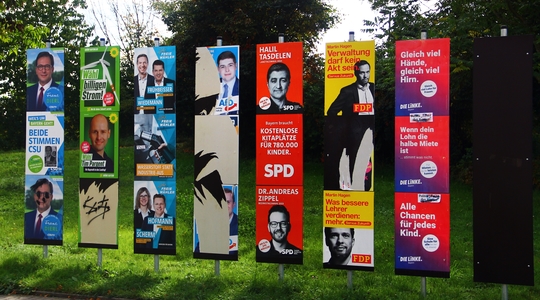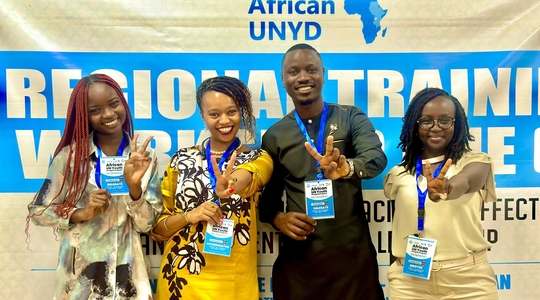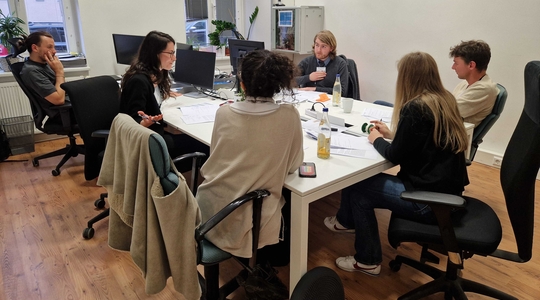
More than 1.000 participants from all over Chile
The conversation and analysis instance counted with the participation of the Ombudsman for Children, Patricia Muñoz; the Undersecretary for Children, Yolanda Pizarro; the Education Officer of Unicef Chile, Francisca Morales and the special participation of two adolescents who participated in the workshops, Natasha Daille and Luis Cornejo, students of the Blumenthal School of Talagante. They addressed in this space the main social and political obstacles that prevent or hinder the effective participation of children and adolescents in Chile and the main measures to incorporate their participation in public affairs.
"Undoubtedly, the work developed by the Presentes project, born from the constituent process that the country went through, has left us with many lessons learned in relation to how to ensure the participation of children and adolescents. The use of simulation games is a very powerful way to stimulate such participation, to give them safe spaces to make their voices heard. We are very happy to have been part of this work and to close this stage with this space for reflection", says Patricia Muñoz, Children's Ombudsperson.
Results of the workshops "Act: Exercising your Rights".
On the other hand, the activity was also the platform chosen to present the results of "Act: Exercising your Rights", a simulation game developed in the most recent stage of the Presentes project. In these workshops, children and adolescents were introduced to the rights recognized in the Convention on the Rights of the Child, and the project implemented a total of 63 face-to-face workshops nationwide up to November of this year, with the participation of more than 1,100 children and adolescents.
The participants had the opportunity to choose social issues of interest to them, identify problems they observe in their environment and then propose solutions linked to the rights recognized in the Convention on the Rights of the Child.
With respect to the results, the participating children and adolescents pointed out different problems and/or conflicts they perceive in their environment. In relation to health issues, they highlighted problems of quality, timely care and access. With respect to education, they indicated problems of quality and access, as well as problems of discrimination. Regarding the environment, they referred to problems of waste management, pollution and, in general, the lack of care for natural resources. In relation to family issues, they highlighted realities such as abuse and domestic violence, as well as lack of communication. Finally, regarding free expression, they referred to the lack of recognition for children and adolescents, as well as adult-centeredness and the fact of not feeling listened to.
Participants were also asked about possible solutions to the problems detected. Among the most frequent solutions indicated by children and adolescents for the different problems in their environment were the need for education on inclusion, more health professionals and the provision of equal health care, better quality teaching and the implementation of recycling programs.
Finally, the participants expressed their opinion in a survey regarding their rights and the experience of the simulation game: 67% of the participating children and adolescents considered that it is very important to know their rights, 32.7% feel that their rights are little respected in their environment and 89.5% believe that the workshop was very helpful in understanding and valuing their rights.
Based on this discussion and the results gathered at the national level with the Actúa game, the Presentes project seeks to give greater visibility to the importance of opening spaces for effective participation with children and adolescents in all instances that are of interest to them or that affect them, recognizing and promoting their right to participation, allowing to know in detail the problems that affect this population group and the innovative solutions that they can offer, also improving the effectiveness of any public or private decision in which they are considered in an incidental way.
Video
Difficulties and challenges for the effective participation of children and adolescents


